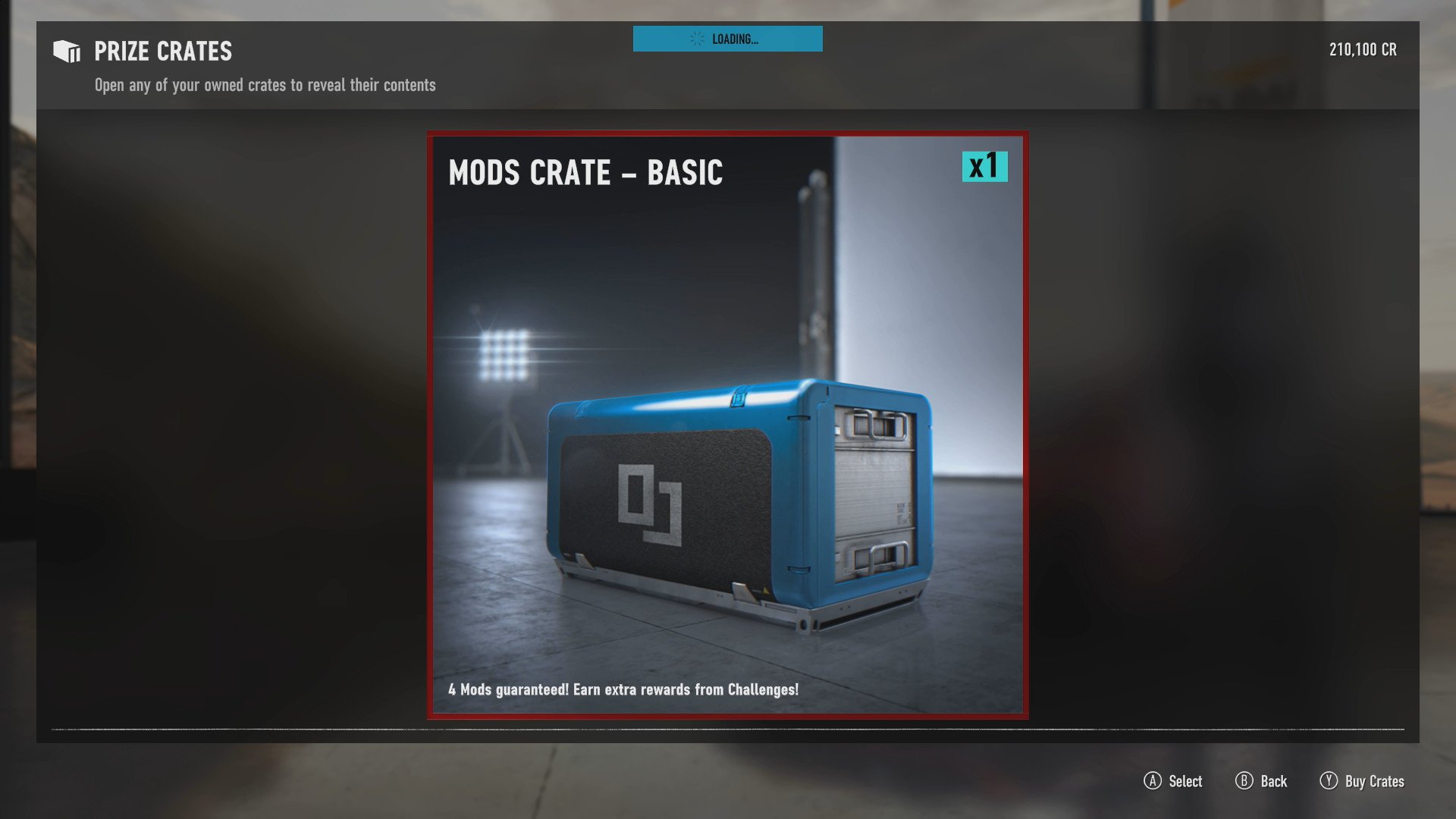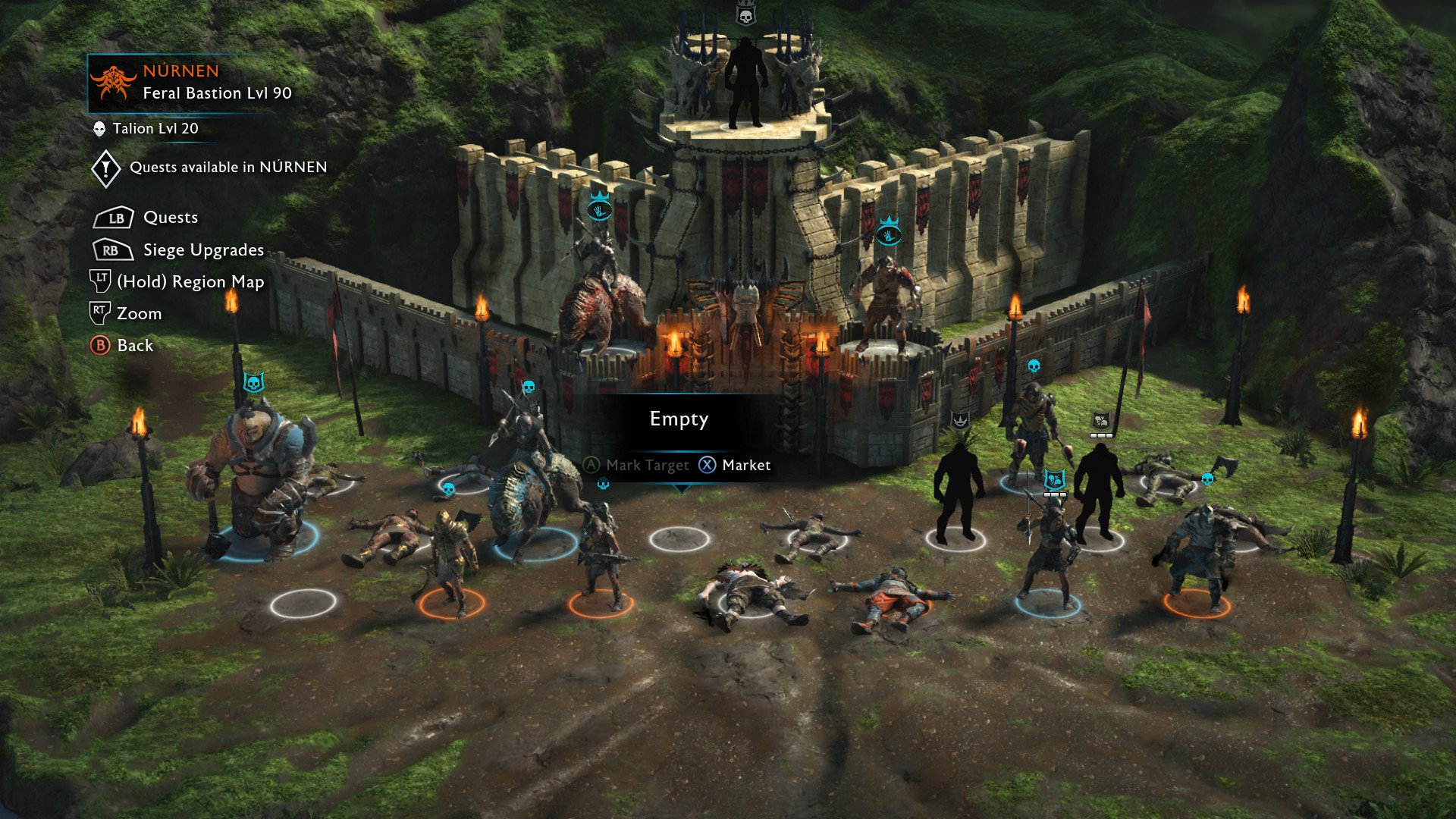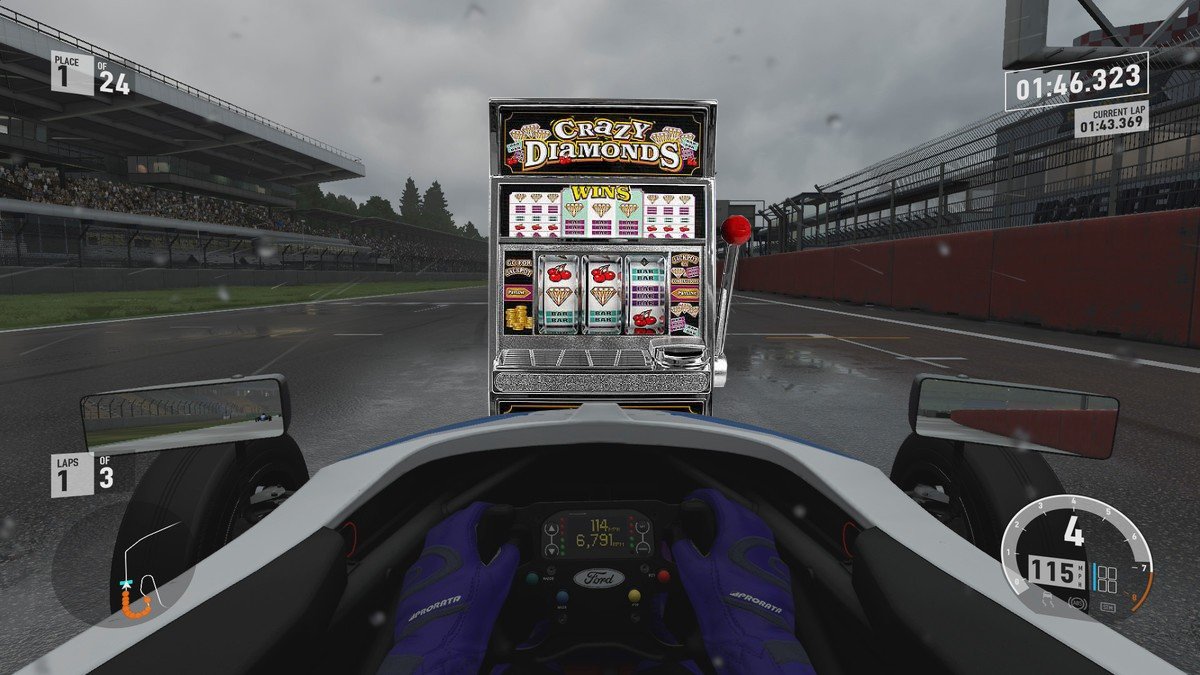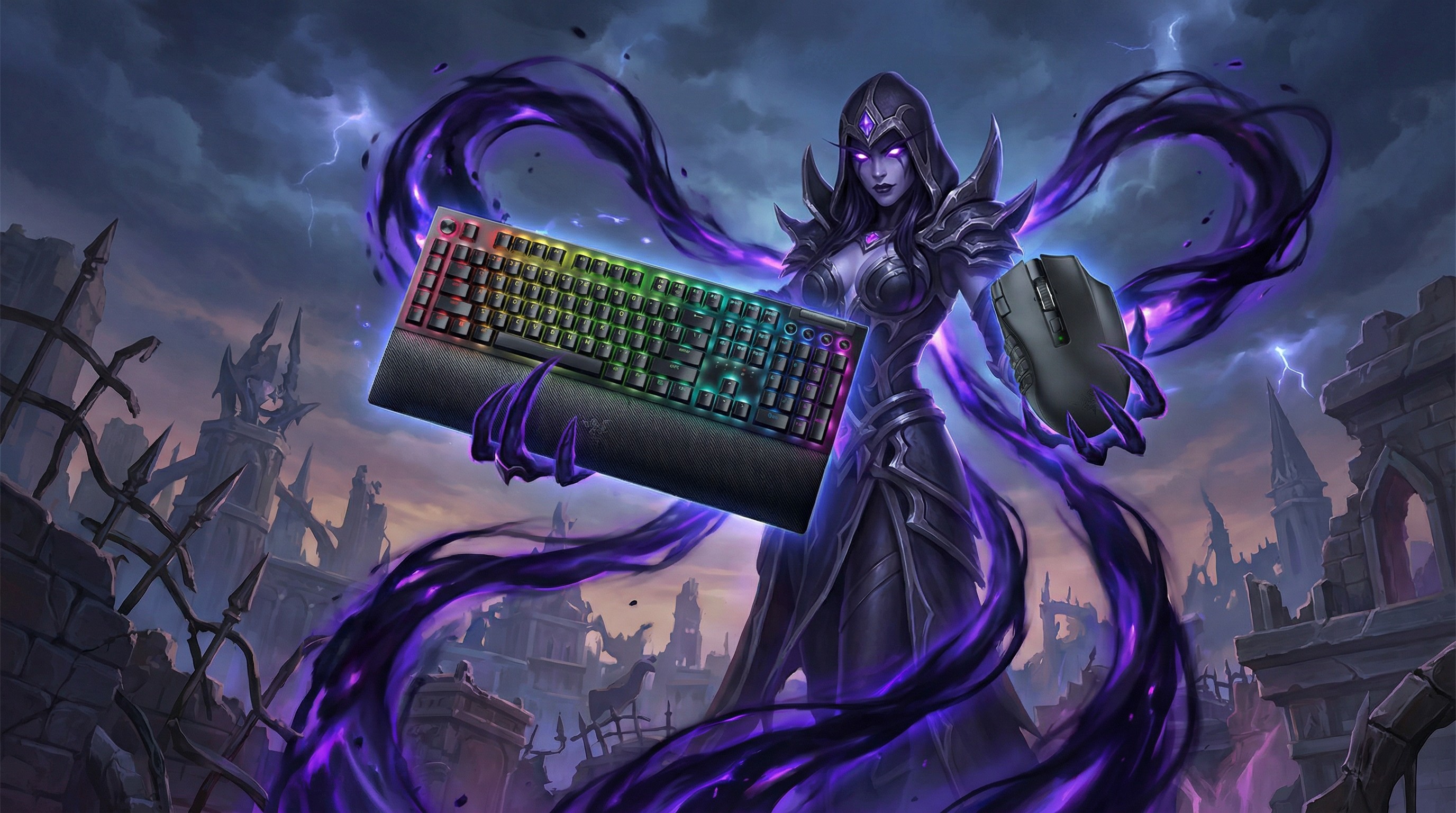Loot boxes are ruining video games — and only you can stop it
Games are increasingly being developed for monetization and not for enjoyment. This is something that needs to be reversed ... before it's too late.

All the latest news, reviews, and guides for Windows and Xbox diehards.
You are now subscribed
Your newsletter sign-up was successful

"Loot boxes" are, unfortunately, becoming the norm in the gaming industry. This isn't a good thing. Gaming is a medium that has allowed me to spend thousands of hours in virtual worlds escaping real life. While microtransactions have a place in free-to-play titles, game publishers are now attempting to absorb as much money from consumers as possible with in-game gambling, a.k.a., "loot crates."
Loot crates have been around for some time, though mainly in free-to-play mobile games. With free games being released on PC, as well, companies are no longer relying solely on optional cosmetics, but now loot crates (or gambling). The system works by using an in-game currency (or real money) to allow players to unlock random crates, boxes or even chests that house a selection of randomized "loot." Some you may already own, others you may not. In instances like Overwatch and League of Legends, the system is done rather well and only really contains cosmetic items. It also supports the developer to roll out more content on a regular basis, but it doesn't negate the fact it's still gambling.
You used to be able to go to your local game store, pick up a physical copy of a chosen title, and fork out anywhere up to $60 (or your region's equivalent), and that would be it. Unlimited enjoyment for a price most people comfortable paying. Over time, the digital age brought in new ways to get games installed on a PC (or console), and publishers opted to include a whole manner of extras to make more money.
When done right — The Witcher 3, for example — downloadable content (DLC) can add countless more hours of entertainment for fans of a game. When done wrong, it's easy to feel cheated into parting with more cash to unlock parts of the game. Then you need to consider season passes (where you pay for content you cannot yet enjoy) and exclusive unlockables that require a purchase from a specific retailer or for you to preorder. Already the gaming industry was tainted, but this was just the beginning.
Psychological warfare

Companies need to make money. However, it's how a company goes about making a return on investment that can enhance or break the trust between it and the consumer. I referenced The Witcher 3 and I shall rely on my CD Projekt RED example further. This Polish studio and publisher opted to release a full game and huge DLC packages. Not only that, but a bunch of free, additional content was released alongside the latest Witcher installment. That's good business, and it incentivizes customers to support the company by paying out for further content.
I gladly paid for all The Witcher 3 DLC and thoroughly enjoyed multiple playthroughs. The best part was it's optional. Nothing was removed from the base game, nor was there a cliff-hanger that required a piece of DLC to complete the story.
Loot crates are not only gambling but can alter the design of a game.
Loot crates are a different story. If you seek a specific item you will fork out for countless crates and unlock each and every one in hopes you will be rewarded with that item. The need to unlock this item could slowly manifest into an addiction, whereby you will begin to crave that feeling of unlocking something you can use. Things become even more concerning when publishers look to work in more than just cosmetics, but actual items that give an in-game advantage to those who pour cash into the randomized number generation (RNG) system. This is considered "pay-to-win," in which the more money you pay the stronger you become.
All the latest news, reviews, and guides for Windows and Xbox diehards.

Loot crates can completely change the way a game plays. Forza Motorsport 7 altered the way mods work for cars, not to mention difficulty settings for races. Middle Earth: Shadow of War is another culprit, where more powerful Orcs are locked in crates and you need units like these to progress through the later game. Then you have the more recent Assassin's Creed: Origins, and even Star Wars: Battlefront 2, where loot crates could have the potential to ruin a great game. EA promised to tweak the system ahead of release, but you cannot ignore just how far the industry seems to want to push in-game gambling.
Finally, you have Call of Duty: World War 2. This game not only allows you to unlock loot crates, but everyone in the game session can see what you're unlocking as the crates themselves are dropped in from above. The game also rewards you by watching other people unlocking loot crates. While others are merely pushing the boundaries of what's acceptable in games, Activision has leaped over the wall of sanity. For example, take a look at this patent the company filed. It's designed to gather as information on players to sell them pretty things in-game.
Putting aggressive loot crates in games will force the consumer to leave low ratings on Metacritic. However, by pushing the system into games at a slower rate, it could be possible that these things become the norm in future games. That's not a good thing, especially given that randomized loot boxes aren't strictly pay-to-win because you could be the richest player on this planet and still get stuck with terrible rolls of the dice.
Kid-friendly gambling

Make no mistake, loot creates are a form of gambling, they're just not yet classified as such by law — a UK petition to have this altered is underway, though the British Government provided a rather vague response. The issue with gambling in games is the audience who buys and plays titles, which has a large chunk of young people, many under the age of the legal requirement to gamble at a casino. By law, it's illegal for someone underage to gamble at a casino, but they can legally gamble in a video game, spending money to spin an RNG wheel.
The issue with the gaming industry is the big companies are run by people who aren't gamers. An executive who doesn't enjoy games isn't going to care much about how this gambling system affects gameplay, nor would they necessarily take feedback from the community seriously. The end goal is to make as much from consumers as possible. This is where the supply and demand issue comes into play, whereby gamers continue to spend money on loot crates and thus companies want to move forward with this approach.
Now is the time to act to get loot crates out of full-priced games.
It's encouraging to see kickback from the gaming community over loot boxes and inappropriate micro-transactions in full-priced AAA games, but consumers continue to spend money on in-game purchases. There's demand for loot boxes and gambling in games today, so publishers take full advantage of the trend. To make an effective U-turn, we need to show these companies that we don't want loot boxes in full-priced games, by simply not spending money on crates.

Consumers need to band together and resist the direction publishers are taking, reducing demand and subsequently the supply. Games will soon no longer be developed to entertain you but to make you spend money on virtual slot machines. Think carefully about how you spend money in-game because this could be the last chance you have at reversing the damage.

Rich Edmonds was formerly a Senior Editor of PC hardware at Windows Central, covering everything related to PC components and NAS. He's been involved in technology for more than a decade and knows a thing or two about the magic inside a PC chassis. You can follow him on Twitter at @RichEdmonds.
